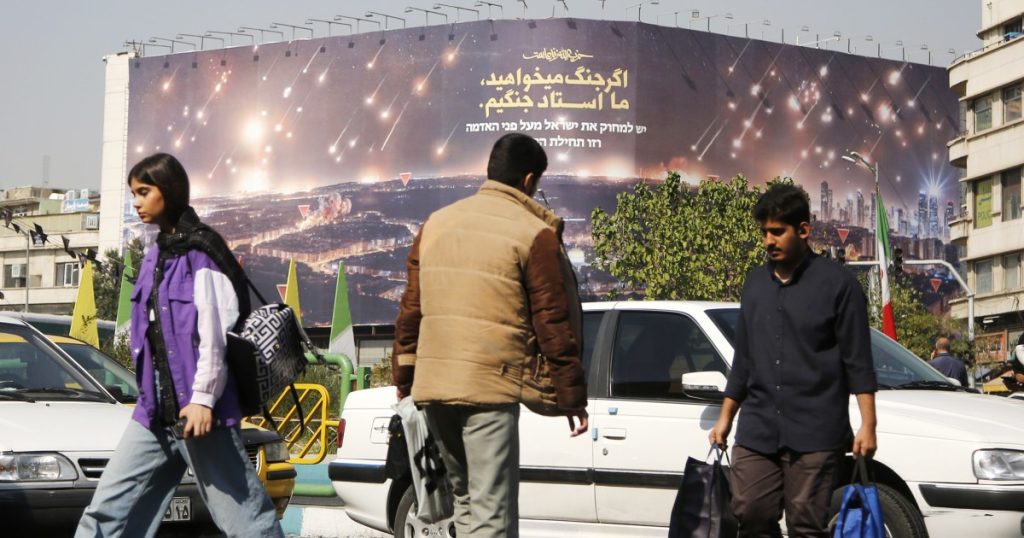Iran is currently bracing itself for a retaliatory strike following a recent ballistic missile attack. In response to this, Iran has been urging its Arab neighbors not to allow Israel to use their airspace as part of any potential attack. There is a fear that countries allowing Israel to use their airspace could potentially become targets in a war. While the sentiments expressed by Iran are raising fears in the region, it is unlikely that any Arab nation would agree to allow Israeli strikes on Iran from their airspace.
In an effort to secure support and de-escalate tensions, Iran’s President Masoud Pezeshkian and Foreign Minister Abbas Araghchi have been engaging in an intense diplomatic push. Araghchi has traveled to Qatar and Saudi Arabia for discussions, while Pezeshkian is set to meet with Russian President Vladimir Putin to discuss the situation in the Middle East. Despite Iran’s warnings and calls for de-escalation, Israel has promised retaliation following the recent missile attacks. Iran claims it targeted Israel in retaliation for the killings of Hamas and Hezbollah leaders, as well as an attack on Iran’s consulate in Syria.
There is uncertainty surrounding the timing and nature of Israel’s response, as President Biden has urged against any actions that could escalate tensions. Israel’s Defense Minister has vowed a deadly and precise response, with some advocating for a strike on Iran’s nuclear facilities. However, concerns have been raised about the potential consequences of such actions, including the targeting of Iranian oil facilities and the threat of retaliation from Iran-backed militia groups. Gulf states have been lobbying Washington to prevent any escalation that could harm their own oil sites.
While the potential for a large-scale conflict looms, there are fears about the impact of military actions on civilian populations in regions like Gaza and Lebanon. Both areas have sustained casualties from Israeli airstrikes, with numerous deaths and injuries reported. In Gaza, a school-turned-shelter was targeted, with the IDF claiming it was being used as a terrorism command center. The situation remains tense, with ongoing concerns about further escalations and the potential for widespread devastation in the region.
As tensions continue to rise and the threat of further military actions hangs over the Middle East, diplomatic efforts are being made to prevent further escalation. Iran is seeking support from its neighbors and international partners to avoid a full-scale war, while Israel remains prepared to retaliate for the recent missile attacks. The involvement of external actors like the United States and Russia adds complexity to the situation, with concerns about the impact on global stability and regional security. The coming days will be crucial in determining whether diplomacy can prevail or if the region will descend into further violence and chaos.













